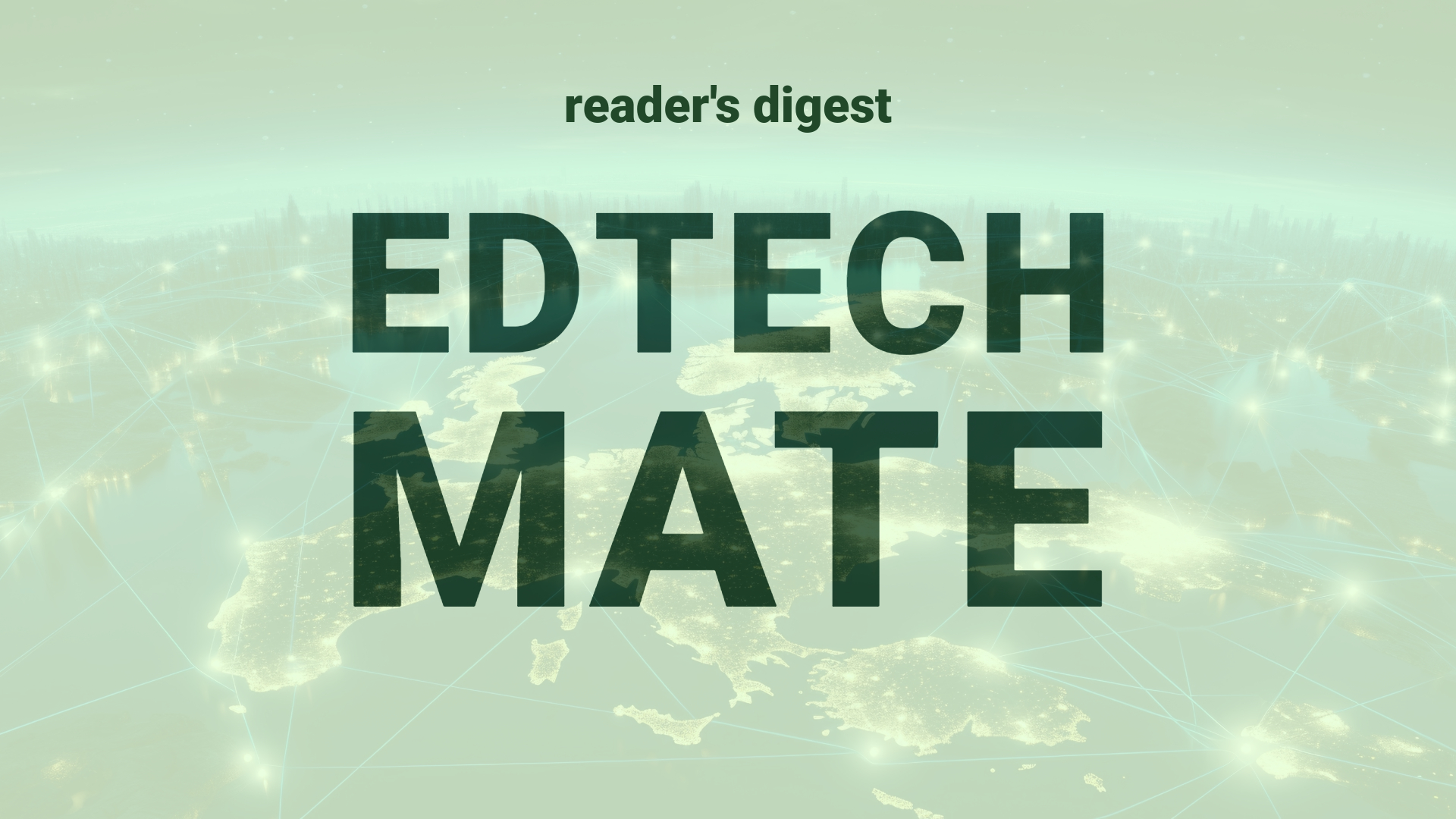Executive Summary and Main Points
The education technology sector has been abuzz with leadership insights, innovation, and AI applications as reflected in the recent book recommendations by Isaac Sacolick, a respected voice in digital transformation. Key highlights from the list include a focus on the engineering mindset, category design, challenges faced by women in male-dominated industries, data storytelling, innovation in government, and the distinction between various AI applications. These readings provide a mixture of historical context, practical advice, and strategic thinking, which can fuel Digital Trailblazers in furthering their leadership and technical expertise in an evolving educational landscape.
Potential Impact in the Education Sector
The curated book recommendations offer a diverse potential impact on Further Education, Higher Education, and Micro-credentials. By embracing the engineering mindset and innovation principles discussed in “The Things We Make,” educators and institutions can promote hands-on problem-solving and interdisciplinary learning. Insights from “The 22 Laws of Category Design” may guide branding and thought leadership, enhancing institutional visibility. “Making Numbers Count” emphasizes the essence of data literacy and effective communication, critical in harnessing digital tools for educational purposes. The book “Practical Innovation in Government” suggests methodologies that could be mirrored within administrative facets of education sectors, promoting efficiency. Furthermore, “Power and Prediction” sheds light on the intersection of machine learning and AI, which can revolutionize the personalization and adaptability of learning experiences.
Potential Applicability in the Education Sector
Incorporating AI and digital tools based on insights from the mentioned literature can foster innovative learning environments and administrative practices. Category design concepts could help educational institutions carve out niche programs and micro-credentials that meet specific workforce demands. Data storytelling skills could enhance the delivery of complex subjects, making them more relatable and understandable for students. Moreover, AI applications, as differentiated in “Power and Prediction,” have the potential to automate administrative tasks, predict student performance, and tailor educational content, thereby personalizing and enhancing the learning journey. The narrative in “Wine Girl” reinforces the need for inclusivity and diversity, which are vital in global education systems seeking to empower underrepresented groups.
Criticism and Potential Shortfalls
While the recommended books offer valuable perspectives, potential criticism may arise from their direct translation and application to the higher education sector. For instance, the cultural nuances and ethical considerations in adopting an engineering mindset or category design principles in diverse educational systems may not be sufficiently addressed. Furthermore, international case studies could reveal discrepancies in the feasibility of these innovations across different socio-economic settings. The tech and business focus might also overshadow pedagogical models that prioritize student-centered learning. Ethical concerns in AI applications, such as privacy and algorithmic bias, warrant critical scrutiny, particularly in relation to student data and equitable education delivery.
Actionable Recommendations
For education leaders to effectively leverage these technologies, a multifaceted approach is needed. Building AI literacy across the institution’s staff and faculty can enable informed use of AI tools for administrative and educational purposes. Implementing category design principles could be coupled with a strategic marketing effort to highlight unique strengths and programs, thereby attracting diverse groups of international students. Adopting data storytelling techniques will not only improve research dissemination but also the communication of complex academic concepts to students. Continuous professional development programs should promote empathetic leadership and diversity, echoing the messages from books like “Wine Girl.” Lastly, fostering strategic partnerships between educational institutions and technology innovators can facilitate the ethical integration of digital tools in global education systems.
Source article: https://blogs.starcio.com/2024/01/7-must-reads-for-digital-trailblazers.html

